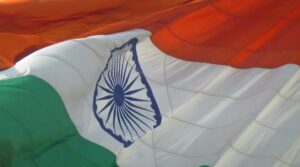

Islamic teachings emphasise that true patriotism is reflected in actions that contribute to the nation’s prosperity and harmony.
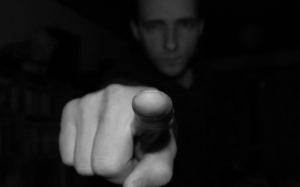
Taqiyya, a term unknown to 99% of Muslims has now become the tool of Islamophobes to evade intelligent debate by labelling all Muslims as liars.

With the milestone document, the Universal Declaration of Human Rights, and many institutions working towards resolving conflicts, should not the world already be thriving in peace?

Rape crisis is on the rise and shows no sign of abating. It is time to end the patriarchal norms that are increasing the incidence of rape and crime against women.
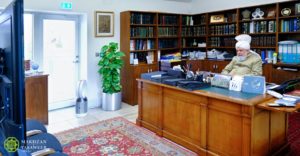
Muslims should not respond to such horrific and provocative acts through violence. Instead, they should educate people about the Quran’s true teachings so that anti-Muslim extremists could not seek to defame Islam by taking individual Quranic verses completely out of context to further their hateful objectives.
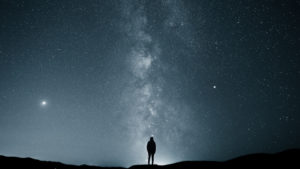
The conscience of each man, if not rendered inactive, will always remind him that there ought to be a God, Who is the Creator of this universe.
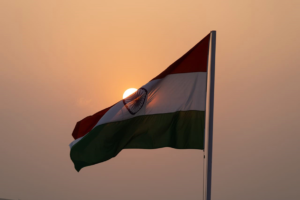
It is very easy to simply speak of, or hear the words, ‘loyalty and love for one’s nation.’ However, in reality, these few words encompass meanings that are wide-ranging, beautiful and of tremendous depth.
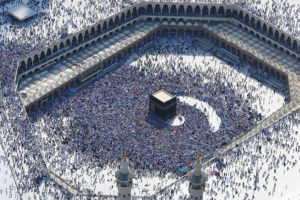
Hajj holds within it three main objectives; reforming one’s ego, establishing a strong bond with God and creating a healthier relationship with mankind.
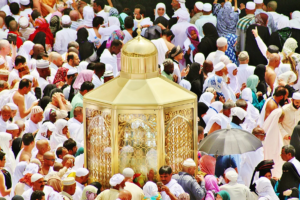
How can a Merciful God demand the slaughter of a child? How can a pious father kill his son? How come this is not a sanguinary tradition? There are many myths related to Eid al-Adha, all but emanating from ignorance about Islamic ideologies.
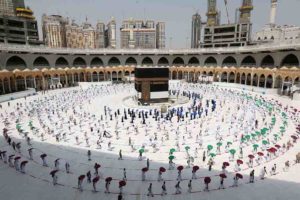
As homes became mosques, the pandemic has proved how Islamic teachings are applicable in changing circumstances. The downscaling of this year’s Hajj pilgrimage further establishes this truth.